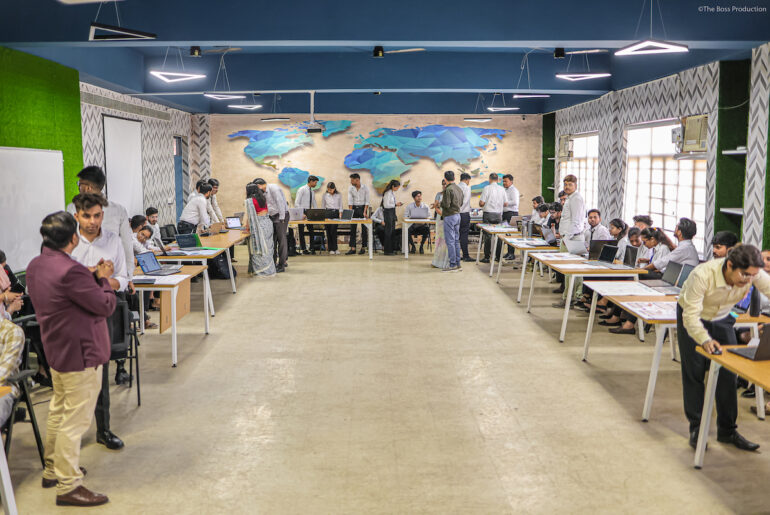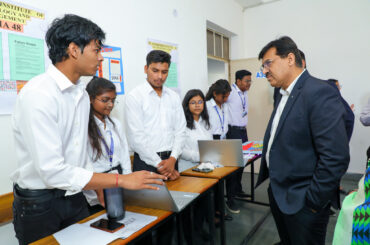After Btech CSE What to Do
After Btech CSE What to Do: Graduates can explore various career paths after completing a B.Tech in Computer Science Engineering. Many enter the tech industry, securing roles in software development, data analysis, cybersecurity, or IT consulting. Pursuing a Master’s degree in specialized fields like Artificial Intelligence or Data Science is another option, enhancing expertise and career prospects. Certifications in emerging technologies can also provide a competitive edge. For those with an entrepreneurial spirit, launching a tech startup is a viable path.
Here are some common career opportunities or future scope afte BTech CSE Program:
Higher Studies:
M.Tech/M.E.: Pursue a Master’s degree in Computer Science Engineering or a related field for career advancement. In this an individual study advanced computer science. This can help you specialize in a particular area and improve your job prospects.
MBA Degree: If you’re interested in management roles, an MBA can complement your technical skills.
MS/PhD Abroad: Pursue a Master’s or Doctoral degree from universities abroad, which can open up global opportunities.
Job Opportunities:
Junior/Senior Software Engineer: Work as a software developer, engineer, or in full-stack development in companies that build software products or services. These roles are in high industry demand due to the increasing reliance on technology.
Data Science/AI/ML: Data Science professionals or Data Science experts explore roles in data science, artificial intelligence, or machine learning, which are in high demand.
Cybersecurity: Specialize in cybersecurity to protect systems and data from cyber threats.
Network Engineering: Focus on designing and managing networks.
Database Administration: Manage and maintain databases for organizations.
Cloud Solutions Architect: A cloud solutions architect designs and implements cloud services. Skills required include cloud computing, networking, and security.
Government Jobs:
Public Sector Undertakings (PSUs): Apply for jobs in public sector undertakings (PSUs) like BHEL, ONGC, etc., through GATE.
Civil Services: Prepare for civil services exams like UPSC, where technical graduates are eligible.
Banking Sector: Consider jobs in the banking sector through exams like IBPS PO, SBI PO, etc.
Entrepreneurship:
Start Your Own Business: If you have an entrepreneurial mindset, you can start your own tech company or startup. Engaging with the startup ecosystem can provide valuable resources and networking opportunities.
Certifications:
Specialized Certifications: Obtain certifications in specific areas like cloud computing (AWS, Azure, Google Cloud Professional Cloud Architect), cybersecurity (CISSP, CEH), data science (Google Data Analytics), etc., to enhance your professional development and skills.
Freelancing:
Freelance Projects: Work as a freelancer on platforms like Upwork, Freelancer, or Fiverr, which allows flexibility and exposure to diverse projects. Freelancing allows you to be a part of the gig economy, offering flexibility and diverse project opportunities.
Teaching and Research:
Academia: If you enjoy teaching, consider becoming a lecturer or professor in academic institutions.
Research: Work in research and development (R&D) departments in industries or academic institutions.
Internships:
Industry Internships: Gain practical experience through internships in various companies to build your resume and skills.
Volunteering:
Tech for Good: Volunteer for NGOs or social enterprises that require technical assistance as a form of community service.
Some of the most opted courses in India and St. Andrews college or different Engineering college or Management colleges are as follows:-
- Btech
- Btech CSE
- MTech
- Btech ETCE
- BCA
- BBA
- MBA
- MCA
- DPharma – St. Andrews College of Pharmacy
- BPharma – St. Andrews College of Pharmacy
- BArch – St. Andrews College of Architecture
BTech Computer Science Engineering Course Overview
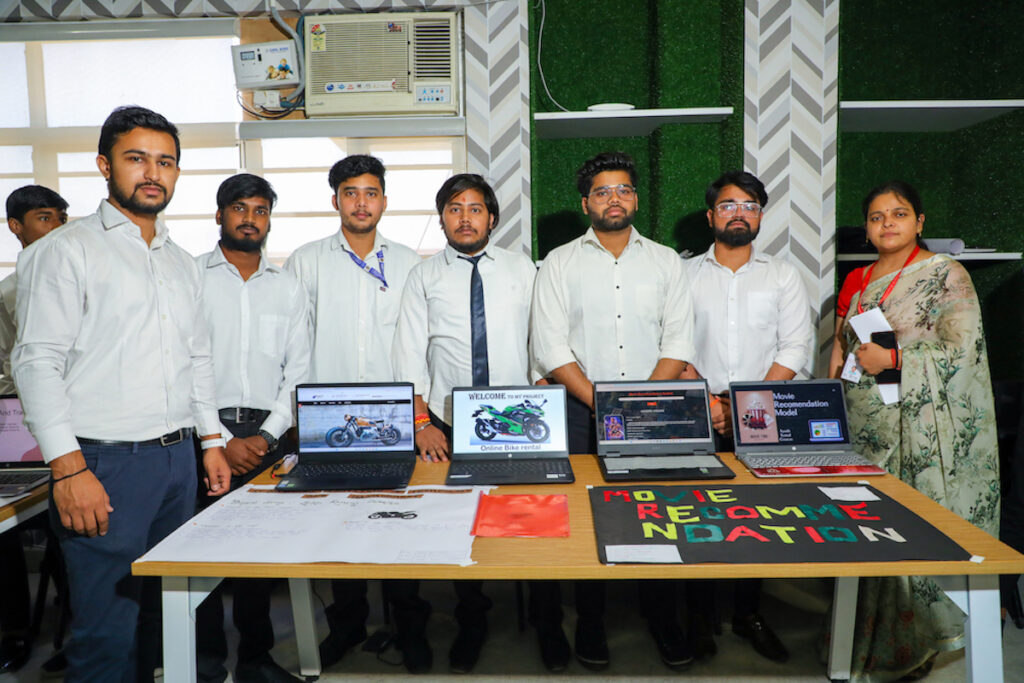
A B.Tech in Computer Science Engineering (CSE) is a four-year undergraduate program divided into eight semesters.
The first year focuses on foundational courses such as mathematics, physics, chemistry, basic programming, engineering mechanics, and communication skills, providing a solid base for engineering principles.
The second year delves into core computer science subjects, including advanced mathematics, discrete mathematics, data structures, digital logic design, computer organization, object-oriented programming, database management system, and operating systems, establishing a strong technical foundation.
In the third year, students explore more specialized topics such as theory of computation, algorithms, microprocessors, software engineering, computer networks, and elective subjects that allow them to tailor their learning to specific interests. This phase often includes practical labs and mini-projects to reinforce theoretical knowledge.
The final year is dedicated to advanced electives, emerging technologies, and major projects, which provide hands-on experience and problem-solving skills. After Btech CSE What to Do: Throughout the program, students may also participate in internships, workshops, and industry collaborations to gain real-world experience and enhance their employability.
BTech Computer Science Engineering Curriculum
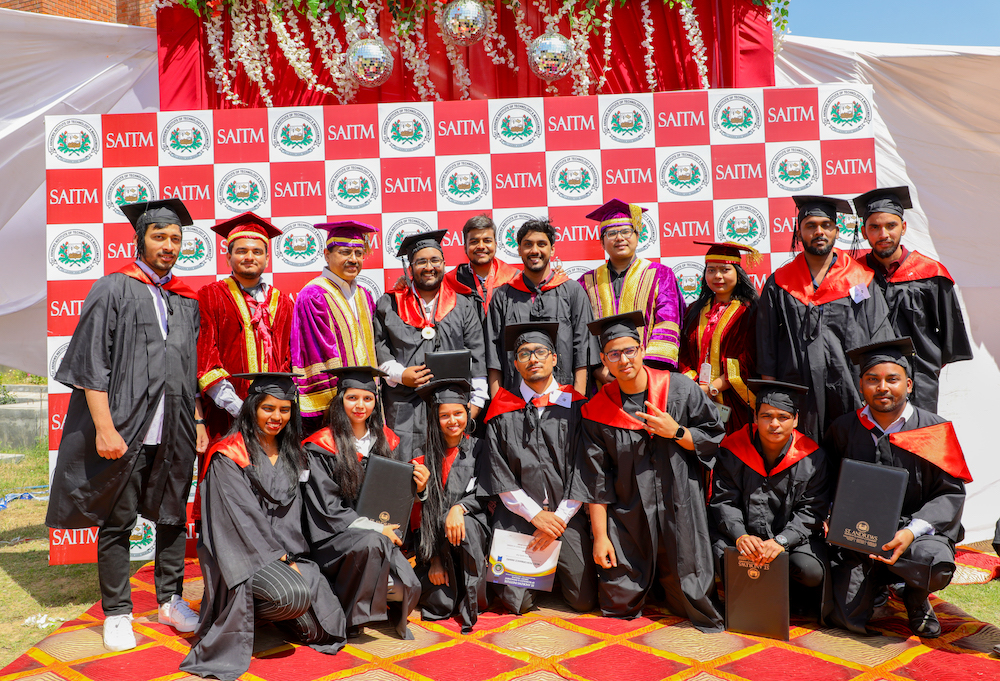
The BTech Computer Science Engineering (CSE) syllabus typically covers a comprehensive range of subjects over four years.
Here’s a general overview of the syllabus that most universities and institutions follow:
First Year:
Mathematics:
- Calculus
- Linear Algebra
- Probability and Statistics
Physics:
- Mechanics
- Heat and Thermodynamics
- Optics and Waves
Chemistry:
- Basic concepts
Engineering Mechanics:
- Statics and Dynamics
Basic Electrical Engineering:
- Electrical circuits and networks
Computer Programming:
- Introduction to Programming (using C/C++ or Python)
- Data Structures and Algorithms (basic concepts)
Second Year:
Mathematics:
- Discrete Mathematics
- Numerical Methods
Data Structures and Algorithms:
- Advanced data structures
- Algorithm design and analysis
Computer Organization and Architecture:
- Digital logic design
- Processor architecture
- Memory systems
Database Management System (DBMS):
- Relational database concepts
- SQL and NoSQL databases
Operating Systems:
- Process management
- Memory management
- File systems
Software Engineering:
- S/W development methodologies, testing and quality assurance
Third Year:
Computer Networks:
- Network architecture
- TCP/IP protocols
Compiler Design:
- Compiler structure
- Lexical analysis, parsing, code generation
Artificial Intelligence and Machine Learning:
- Introduction to AI
- Machine learning algorithms
Web Technologies:
- HTML/CSS/JavaScript
- Server-side scripting (e.g., PHP, Node.js)
Elective Subjects:
- Students can choose elective courses based on their interests (e.g., Cloud Computing, Cyber Security, Big Data Analytics, etc.)
Fourth Year:
Cyber Security:
- Cryptography
- Network security
Internet of Things (IoT):
- IoT architecture
- IoT applications and protocols
Project Work:
- Typically involves a major project where students apply their knowledge and skills acquired throughout the course.
Internship/Industrial Training:
- Usually done during the summer break to gain practical experience in industry.
Professional Ethics and Values:
- Ethical considerations in computing
- Intellectual property rights
Pursuing Higher Studies After BTech CSE

Pursuing higher studies after a B.Tech in Computer Science Engineering (CSE) can significantly enhance your knowledge, skills, and career options.
Here are some popular options:
M.Tech/M.E. (Master of Technology/Master of Engineering)
M.Tech/M.E. is advanced computer science degree, after completing a B.Tech in Computer Science Engineering, many students opt for an M.Tech or M.E. to specialize further in areas like Artificial Intelligence, Data Science, Cybersecurity, Software Engineering, or Network Engineering. These two-year programs, which generally require the GATE (Graduate Aptitude Test in Engineering) for admission, enhance technical expertise and research skills. Graduates can pursue advanced technical roles, research positions, or teaching opportunities in academic institutions.
MS (Master of Science)
Another popular option is pursuing an MS abroad in countries such as the USA, Canada, or Germany. An MS program, typically lasting 1.5 to 2 years, offers advanced research opportunities and international exposure. Admission usually requires the GRE (Graduate Record Examination) and an English proficiency test like TOEFL or IELTS. This degree can lead to high-paying global job opportunities and provides a comprehensive understanding of advanced computer science concepts.
MBA Degree (Master of Business Administration)
For those inclined towards management and business roles, an MBA is a valuable pursuit. This program combines technical skills with business acumen and opens doors to leadership roles, management positions, and entrepreneurial ventures. Typically spanning two years, MBA programs require exams like CAT (Common Admission Test) in India or GMAT (Graduate Management Admission Test) for international programs. An MBA enhances career options by preparing graduates for strategic and high-impact roles within organizations. We can also purse MBA with distance learning or online education
PhD Degree (Doctor of Philosophy)
Students passionate about research and academia often pursue a PhD. This program involves in-depth research in a specific area of computer science and contributes to cutting-edge technological advancements. Lasting 3-5 years, PhD programs require entrance exams like NET (National Eligibility Test), GATE, or university-specific exams. A PhD prepares students for academic careers, advanced research roles, and leadership positions in R&D departments within industries.
Specialized Certifications and Diplomas
Short-term specialized certifications and diplomas in areas like Data Science, Cloud Computing, Cybersecurity, Machine Learning, and Blockchain are also popular among B.Tech graduates. These courses, offered by reputed universities and online platforms like Coursera and edX, typically last from a few months to a year. They enhance specific technical skills, making graduates more competitive in the job market and providing a pathway to expertise in emerging technologies.
Entering the Job Market After BTech in Computer science
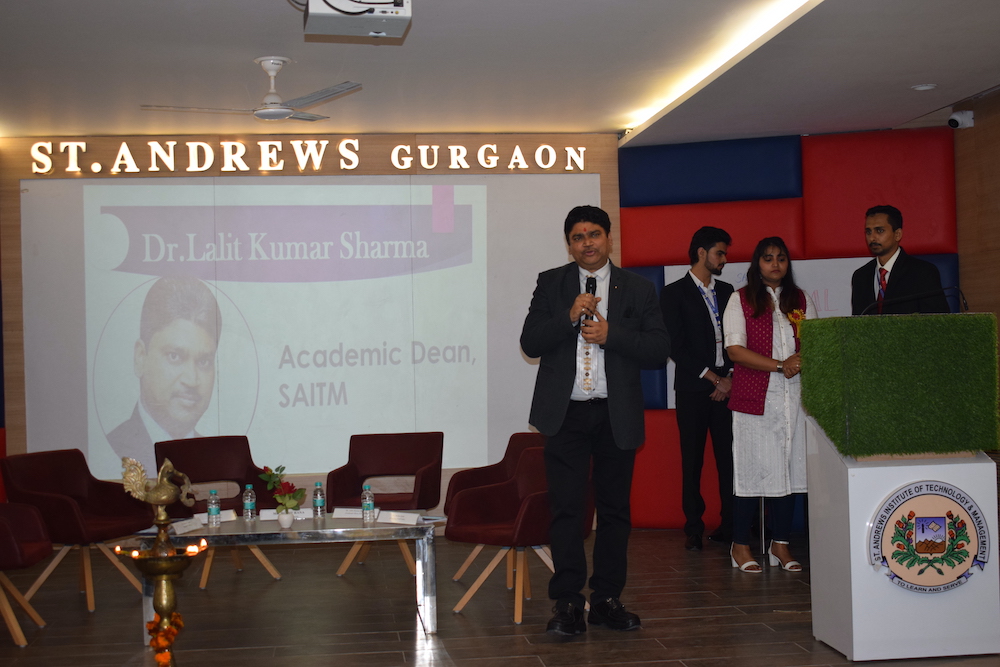
After completing a B.Tech in Computer Science Engineering (CSE), entering the job market offers numerous career options and lucrative opportunities across various sectors. After Btech CSE What to Do: Explore roles in software development, data science, cybersecurity, and more to find the best fit for your skills and interests.
Here’s an overview of potential career options and strategies to enhance employability:
Software Development
One of the most common career options among all career options is in software development. Graduates can work as software engineers or developers in companies that create software products or provide software solutions. Roles in this domain include backend development, frontend development, full-stack development, and mobile app development. Proficiency in programming languages such as Java, Python, C++, JavaScript, and frameworks like React, Angular, or Node.js is often required.
Data Science and Analytics
The field of data science and analytics is rapidly growing. Roles such as data scientist, data analyst, and machine learning engineer involve analyzing large datasets to derive insights and build predictive models. Proficiency in tools and languages such as Python, R, SQL, and familiarity with machine learning libraries like TensorFlow and scikit-learn are essential. Knowledge of data visualization tools like Tableau or Power BI is also beneficial.
Cybersecurity
With increasing concerns about data breaches and cyber threats, cybersecurity professionals are in high demand. Roles include cybersecurity analyst, ethical hacker, and information security manager. Certifications like CISSP (Certified Information Systems Security Professional), CEH (Certified Ethical Hacker), and CompTIA Security+ can enhance employability in this sector.
Cloud Computing
As organizations migrate to cloud platforms, there is a growing need for cloud computing professionals. Roles include cloud solutions architect, cloud engineer, and DevOps engineer. Familiarity with cloud platforms like AWS (Amazon Web Services), Azure, and Google Cloud, as well as tools like Docker and Kubernetes, is advantageous. Certifications such as AWS Certified Solutions Architect or Google Cloud Professional Cloud Architect are highly valued.
Networking and System Administration
Networking and system administration roles involve managing and maintaining an organization’s IT infrastructure. Positions such as network engineer, system administrator, and IT support specialist are common. Knowledge of networking protocols, hardware, and certifications like CCNA (Cisco Certified Network Associate), CCNP (Cisco Certified Network Professional), or RHCE (Red Hat Certified Engineer) can be beneficial.
Database Administration
Database administrators are responsible for managing and maintaining databases. They ensure data availability, security, and performance. Proficiency in database management systems like MySQL, PostgreSQL, Oracle, and certifications such as Oracle Certified Professional (OCP) can enhance job prospects.
Web Development
Web development offers roles like web developer, UI/UX designer, and front-end developer. Skills in HTML, CSS, JavaScript, and frameworks like Angular, React, or Vue.js are essential. Knowledge of web design principles and user experience (UX) is also beneficial.
Exploring Entrepreneurship After BTech CSE
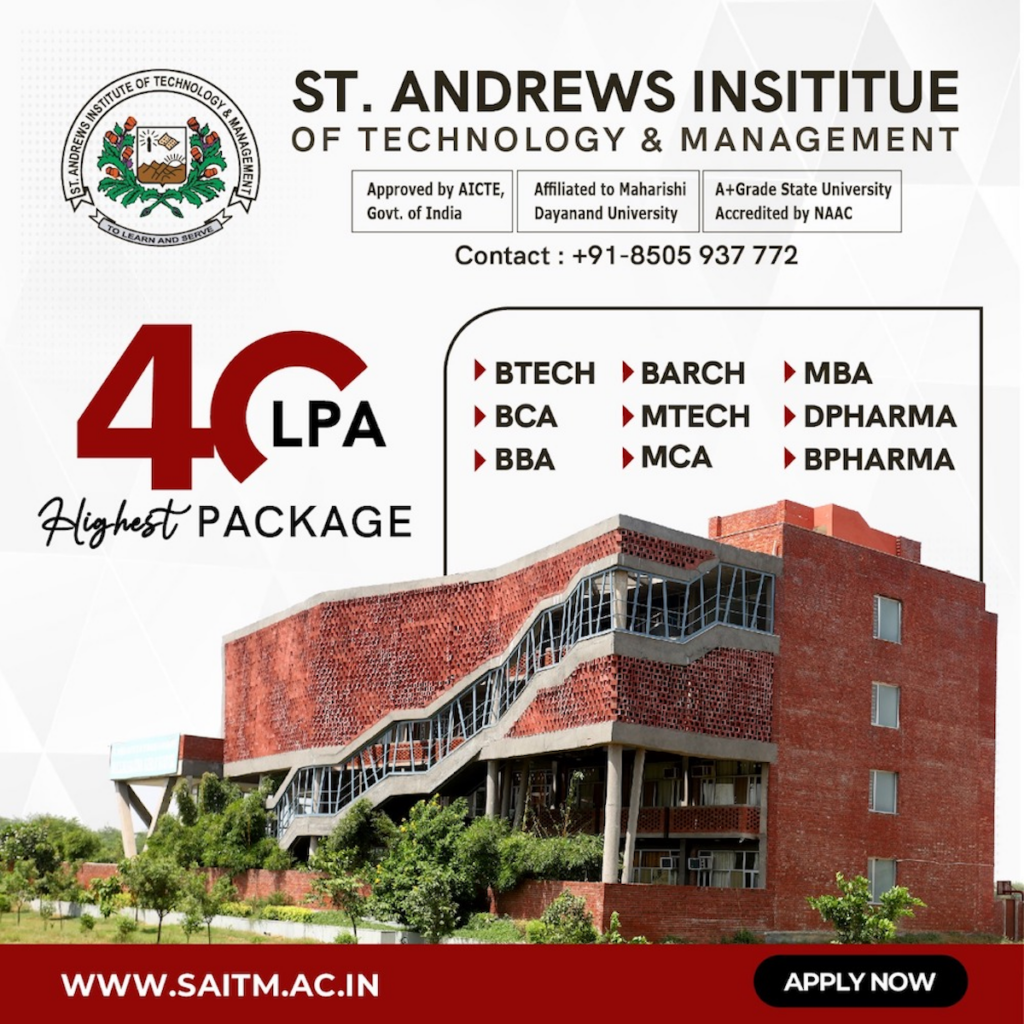
Pursuing entrepreneurship after completing a B.Tech in Computer Science Engineering (CSE) can be a rewarding and challenging endeavor. Leveraging the technical skills and knowledge acquired during your studies, you can create innovative solutions, start your own business, and make a significant impact in the technology industry.
Here’s a comprehensive guide on how to explore entrepreneurship after B.Tech Computer Science Engineering:
Identify a Problem and Develop a Solution
The first step in your entrepreneurial journey is to identify a problem or a need in the market that you are passionate about solving. This could be a gap in existing technology, an inefficiency in a process, or a completely new idea. Use your technical expertise to develop a viable solution. Conduct thorough market research to understand the target audience, competition, and potential demand for your product or service.
Build a Strong Team
Entrepreneurship is rarely a solo endeavor. Assemble a team of individuals who complement your skills and share your vision. Your team should include members with diverse expertise, such as business development, marketing, finance, and design. A strong, cohesive team can help navigate the complexities of starting and growing a business.
Create a Business Plan
Develop a detailed business plan outlining your business idea, target market, revenue model, marketing strategy, and financial projections. A well-structured business plan serves as a roadmap for your business and is essential for attracting investors and securing funding. It should highlight the unique value proposition of your product or service and your plan for scaling the business.
Prototype and Validate Your Idea
Create a prototype or minimum viable product (MVP) to test your idea in the real world. Use feedback from potential customers to refine and improve your product. Validation is a crucial step to ensure that there is a genuine need for your solution and that it meets the expectations of your target audience.
Seek Funding
Starting a business often requires significant capital. Explore various funding options, such as bootstrapping, angel investors, venture capital, crowdfunding, and government grants. Prepare a compelling pitch to present to potential investors, showcasing your business plan, market opportunity, and growth potential.
Leverage Technology and Innovation
As a Computer Science Engineering graduate, leverage your technical skills to incorporate cutting-edge technology and innovation into your product or service. Stay updated with the latest technological advancements and industry trends to ensure your business remains competitive and relevant.
Build a Strong Online Presence
In today’s digital age, having a robust online presence is essential. Create a professional website, engage with your audience on social media platforms, and utilize digital marketing strategies to build brand awareness and attract customers. Content marketing, search engine optimization (SEO), and pay-per-click (PPC) advertising can help drive traffic and generate leads.
Network and Seek Mentorship
Networking with other entrepreneurs, industry professionals, and potential customers can provide valuable insights, advice, and opportunities. Attend industry events, join startup incubators and accelerators, and participate in entrepreneurial communities. Seeking mentorship from experienced entrepreneurs can also provide guidance and support as you navigate the challenges of starting a business.
Focus on Customer Satisfaction
Customer satisfaction is key to the success of any business. Prioritize delivering high-quality products or services and providing excellent customer support. Collect feedback from customers and continuously improve your offerings to meet their needs and expectations.
Scale and Grow
Once your business is established, focus on scaling and growth. Explore new markets, expand your product line, and invest in marketing and sales efforts. Building a sustainable and scalable business model will ensure long-term success and profitability.
Government Jobs After BTech CSE

After completing a B.Tech in Computer Science Engineering (CSE), you have various opportunities to secure a stable and rewarding career in the government sector.
Here are some prominent government job options and pathways for Computer Science Engineering graduates:
Public Sector Undertakings (PSUs)
Public Sector Undertakings like Bharat Electronics Limited (BEL), Bharat Heavy Electricals Limited (BHEL), Oil and Natural Gas Corporation (ONGC), and Gas Authority of India Limited (GAIL) recruit Computer Science Engineering graduates through the GATE (Graduate Aptitude Test in Engineering) exam. PSUs offer competitive salaries, job security, and various benefits. GATE scores are used as a primary criterion for shortlisting candidates for interviews and further selection processes.
Indian Engineering Services (IES)
The Indian Engineering Services (IES), conducted by the Union Public Service Commission (UPSC), is another prestigious option. Although it traditionally focuses on core engineering branches, Computer Science Engineering graduates can also apply, especially for roles that involve IT and computer science. The IES exam includes a preliminary test, a main examination, and an interview.
Civil Services
The Civil Services Examination, also conducted by UPSC, is an excellent option for Computer Science Engineering graduates interested in administrative roles. This includes the Indian Administrative Service (IAS), Indian Police Service (IPS), and Indian Foreign Service (IFS). While this path requires a broad knowledge base beyond engineering, the analytical and problem-solving skills gained from a Computer Science Engineering degree can be highly beneficial.
Defence Services
Computer Science Engineering graduates can join the Indian Army, Navy, or Air Force through various entry schemes such as the Technical Graduate Course (TGC) and the University Entry Scheme (UES). These roles often involve managing and maintaining technical infrastructure and IT systems. The Combined Defence Services (CDS) exam is another route to enter the defence services.
Banking Sector
Banks and financial institutions recruit Computer Science Engineering graduates for roles like IT Officers through exams conducted by the Institute of Banking Personnel Selection (IBPS) and the State Bank of India (SBI). These roles involve managing the IT infrastructure, cybersecurity, and software development within the banking sector.
Staff Selection Commission (SSC)
The Staff Selection Commission (SSC) conducts exams for various government departments and ministries. Computer Science graduates can apply for roles like Junior Engineer (JE), Scientific Assistant, and other technical positions through exams like SSC CGL (Combined Graduate Level) and SSC CHSL (Combined Higher Secondary Level).
Indian Space Research Organisation (ISRO)
ISRO recruits Computer Science graduates for roles in software development, and other technical areas. The selection process involves a written test followed by an interview. Working at ISRO offers the opportunity to contribute to cutting-edge space technology and research.
Railways
The Indian Railways recruits CSE graduates for roles in IT management, systems administration, and software developer. The recruitment is done through the Railway Recruitment Board (RRB) exams for various technical positions.
State Government Jobs
State governments also offer various technical roles for CSE graduates in departments such as e-governance, IT infrastructure, and public sector enterprises. The recruitment process varies from state to state, often involving state-level public service commission exams.
Private Job Opportunities for B tech CSE Graduates
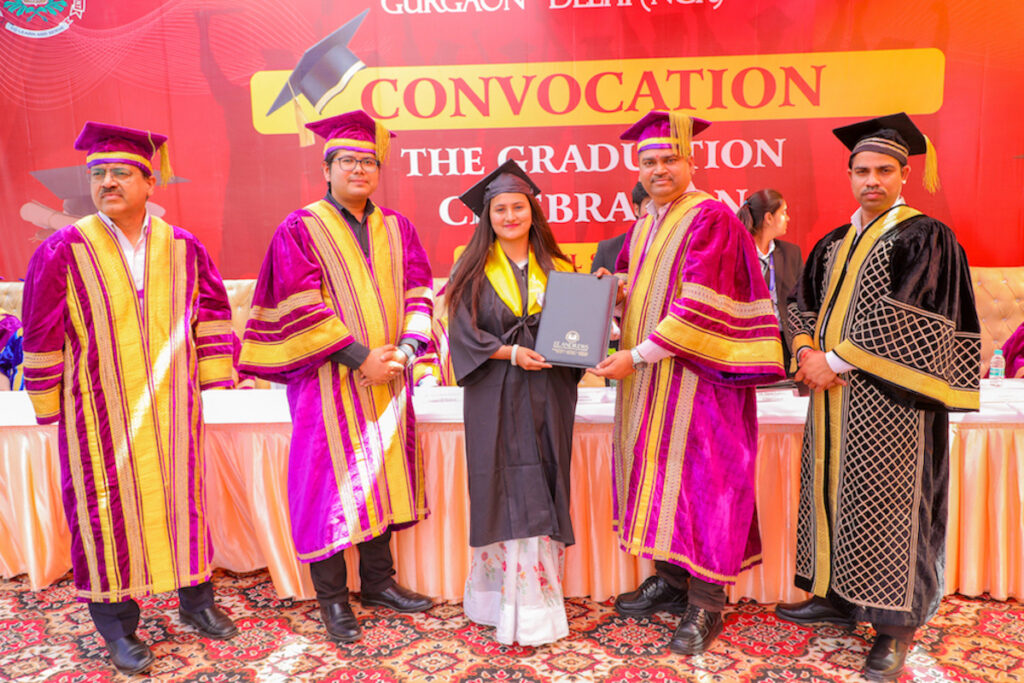
After completing a BTech in Computer Engineering, there are numerous private job opportunities available across various industries, research field.
Here are some common career options and job roles after B.Tech in Computer science:
Software Engineer:
- Role: Developing software applications, systems, and solutions.
- Skills: Programming languages (Java, C++, Python, etc.), problem-solving, algorithms, and data structures.
Web Developer:
- Role: Designing and developing websites and web applications.
- Skills: HTML, CSS, JavaScript, frontend and backend frameworks.
Data Scientist/Analyst:
- Role: Analyzing and interpreting complex data to help businesses make informed decisions.
- Skills: Data analysis, machine learning, statistics, Python/R, data visualization tools.
Cybersecurity Analyst:
- Role: Protecting an organization’s computer systems and networks from cyber threats.
- Skills: Network security, ethical hacking, risk assessment, knowledge of security protocols.
DevOps Engineer:
- Role: Managing and automating the development and deployment processes.
- Skills: Continuous integration/continuous deployment (CI/CD), cloud platforms (AWS, Azure, Google Cloud), containerization (Docker, Kubernetes).
System Analyst:
- Role: Analyzing and designing IT systems to meet business needs.
- Skills: Systems analysis, requirements gathering, business process modeling.
Network Engineer:
- Role: Designing, implementing, and managing computer networks.
- Skills: Networking protocols, network security, troubleshooting, Cisco certification (CCNA, CCNP).
Artificial Intelligence/Machine Learning Engineer:
- Role: Developing AI and ML models and systems.
- Skills: Machine learning algorithms, neural networks, Python, TensorFlow, PyTorch.
Database Administrator (DBA):
- Role: Managing and maintaining database systems.
- Skills: SQL, database management systems (Oracle, MySQL, SQL Server), backup and recovery.
Mobile App Developer:
- Role: Designing and developing mobile applications.
- Skills: Android/iOS development, Swift, Kotlin, cross-platform frameworks (React Native, Flutter).
Cloud Solutions Architect:
- Role: Designing and implementing cloud-based solutions.
- Skills: Cloud computing (AWS, Azure, Google Cloud), infrastructure as code, cloud security.
UI/UX Designer:
- Role: Creating user-friendly interfaces and experiences.
- Skills: User interface design, user experience principles, design tools (Sketch, Adobe XD, Figma).
Upskilling and Staying Relevant in Tech after BTech in Computer science

In the fast-paced field of technology, upskilling and staying relevant are crucial for career growth and professional success.
Here’s a comprehensive guide on how to upskill and stay relevant in tech:
Continuous Learning:
To stay competitive and continuously improve in the tech industry, professionals often turn to various avenues for learning and certification. Online platforms like Coursera, edX, Udemy, and Khan Academy offer a plethora of courses covering a wide spectrum of topics ranging from fundamental programming languages to advanced topics like machine learning and cybersecurity. These courses provide flexibility in learning, allowing individuals to pace their education according to their schedules and interests.
Specialize in Emerging Technologies:
To excel in today’s tech landscape, it’s crucial to develop expertise across multiple key domains. Begin by honing skills in Artificial Intelligence (AI), Machine Learning (ML), and natural language processing (NLP), focusing on understanding machine learning algorithms, neural networks, and natural language processing (NLP). Delve into deep learning frameworks such as TensorFlow and PyTorch to construct and deploy advanced AI models capable of efficiently handling complex tasks. Next, master Cloud Computing by achieving proficiency in leading platforms like AWS, Azure, and Google Cloud. Explore essential cloud services like serverless computing and containerization with Docker and Kubernetes, vital for scalable and resilient application deployment. Understanding cloud security principles is critical to safeguarding data and infrastructure in cloud environments. In Data Science and Big Data, enhance capabilities to analyze and extract insights from
Hands-On Projects and Practical Experience:
To demonstrate proficiency in specific technologies, build personal projects like mobile apps or AI implementations. Collaborate on GitHub open-source projects to enhance coding skills, learn best practices, and expand your network globally. These efforts showcase innovation, problem-solving, and effective collaboration, enriching your technical portfolio and career prospects.
Networking and Professional Development:
To advance your career in tech, join professional organizations like IEEE Computer Society or ACM. These memberships offer access to resources, research, and networking opportunities. Attend industry conferences, tech meetups, and networking events to connect with peers and stay updated on trends. These interactions foster knowledge sharing and professional growth, keeping you informed about emerging technologies and best practices in the field.
Soft Skills and Leadership Development:
Develop strong communication skills to convey technical concepts and collaborate effectively. Hone problem-solving and critical thinking for tackling complex challenges. Gain leadership experience in Agile and Scrum, guiding teams to success through effective planning and execution. These skills are vital for navigating and succeeding in technical and project environments.
Alternative Career Paths After BTech in Computer science
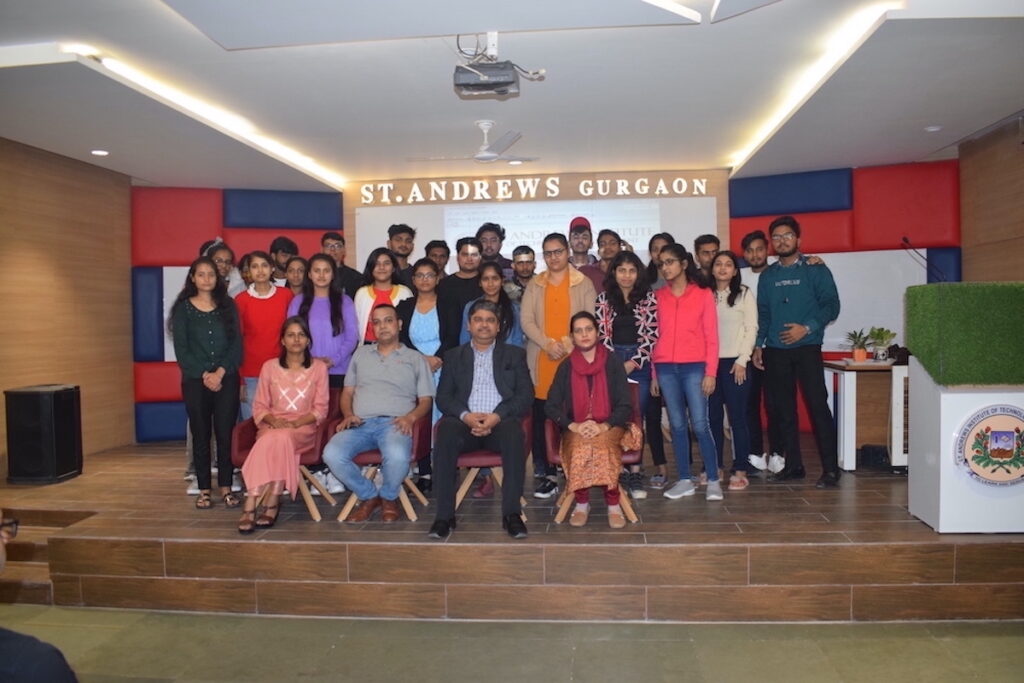
After completing BTech in Computer Science Engineering (CSE), there are several alternative career paths you can consider beyond traditional software engineer or IT roles:
Data Scientist: Apply your skills in data analysis, statistics, and programming to extract insights from data and inform business decisions.
Cybersecurity Specialist: Focus on protecting systems and networks from cyber threats, including ethical hacking, penetration testing, and security analysis.
Cloud Solutions Architect: Design and manage cloud infrastructure and solutions for organizations using platforms like AWS, Azure, or Google Cloud.
Product Manager: Coordinate the development and launch of software products, bridging technical and business aspects to meet customer needs.
UX/UI Designer: Create intuitive and visually appealing user interfaces and experiences for software applications and websites.
Data Engineer: Design, construct, and maintain data pipelines and systems to support data analytics and machine learning initiatives.
Blockchain Developer: Develop decentralized applications (DApps) and smart contracts using blockchain technology for various industries.
Machine Learning Engineer: Build and deploy machine learning models and algorithms to automate processes and make data-driven predictions.
IT Consultant: Provide strategic advice and technical expertise to businesses on optimizing IT infrastructure and systems.
Forensic Technology Specialist: Utilize forensic technology to investigate cybercrimes, requiring skills in digital forensics, data recovery, and evidence analysis.
Entrepreneurship: Start your own tech startup or venture, leveraging your technical skills and innovative ideas to address market needs.
Careers in Data Science and AI after B.Tech in Computer science
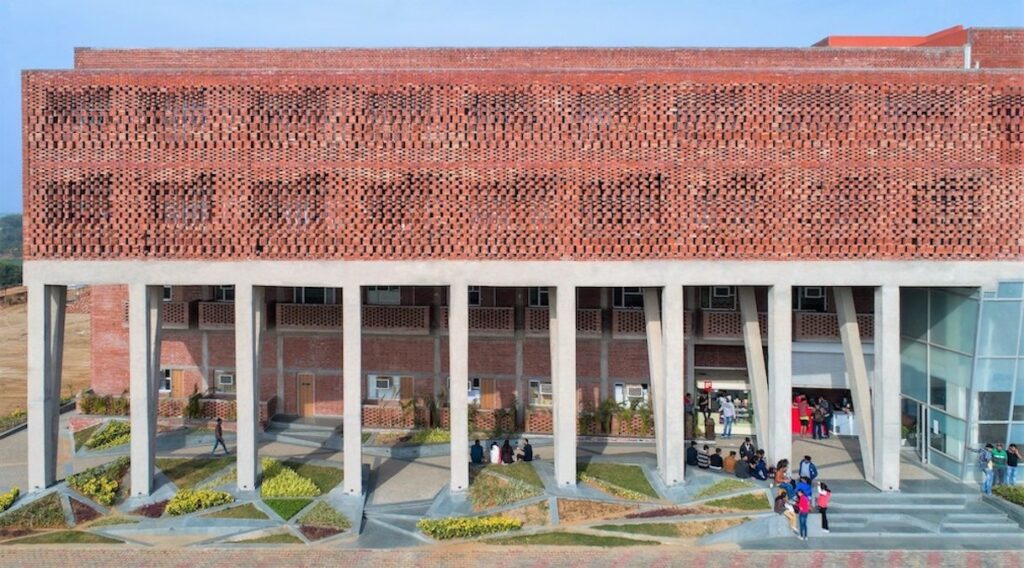
Careers in Data Science and Artificial Intelligence (AI) are highly sought after and offer diverse opportunities to apply technical skills in innovative ways.
Here are some prominent career paths in these fields:
Data Scientist
Analyze complex datasets to extract meaningful insights and patterns using statistical methods and machine learning techniques. Data scientists play a crucial role in informing business decisions and strategy.
Machine Learning Engineer
Design, implement, and deploy machine learning models and algorithms that automate processes and make predictions based on data. This role requires expertise in programming, data modeling, and algorithm development.
AI Research Scientist
Conduct research to advance the field of artificial intelligence, developing new algorithms, techniques, and applications. AI research scientists often work on cutting-edge projects in academia, research institutions, or tech companies.
AI Engineer
Build and deploy AI systems and solutions, integrating ML models into applications to enhance functionality and user experience. AI engineers work on diverse projects, from natural language processing to computer vision and robotics.
Data Engineer
Design and build data pipelines and infrastructure to collect, store, and process large volumes of data. Data engineers ensure data quality, reliability, and accessibility for analytics and AI applications.
Business Intelligence (BI) Developer
Develop and maintain BI solutions such as dashboards and reports to help businesses visualize and understand data trends, enabling data-driven decision-making.
Big Data Analyst
Analyze and interpret large datasets to identify trends, patterns, and correlations, providing insights that support business operations and strategy.
AI Product Manager
Lead the development and management of AI-powered products and solutions, overseeing the entire product lifecycle from conception to launch and iteration.
AI Ethics Specialist
Focus on the ethical implications of AI technologies, ensuring that AI systems are developed and deployed responsibly and ethically.
AI Consultant
Provide strategic advice and expertise on AI implementation and adoption to businesses across various industries, helping them leverage AI to achieve their goals.
Exploring Cybersecurity Roles after BTech CSE
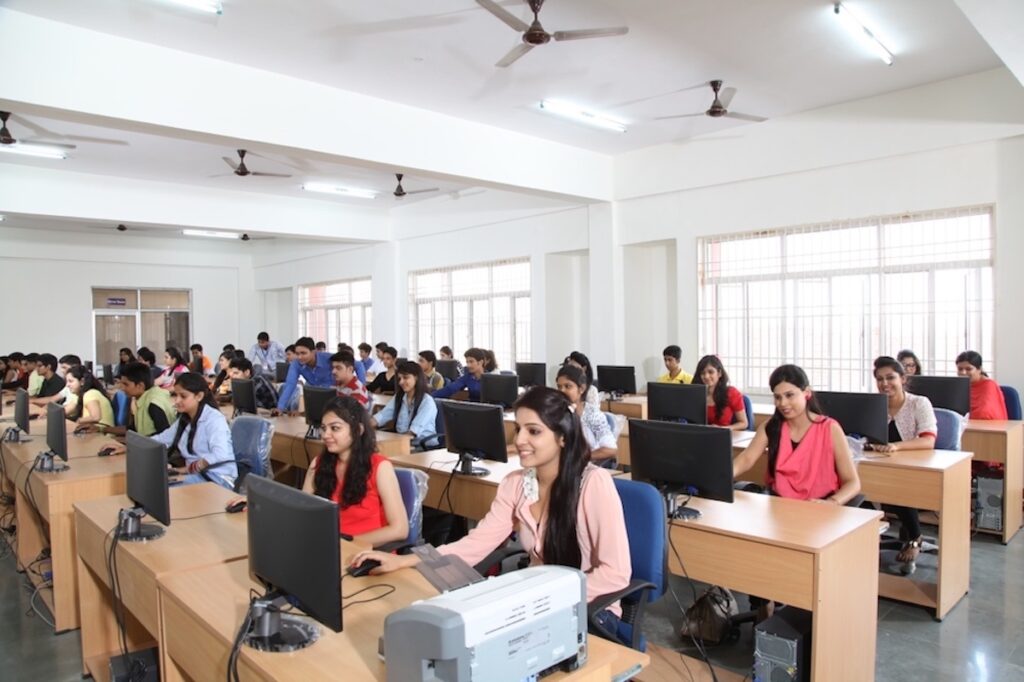
Exploring cybersecurity roles after completing BTech in Computer Science Engineering (CSE) opens up a range of opportunities in a crucial and rapidly growing field. After Btech CSE What to Do: Consider specializing in cybersecurity to take advantage of this dynamic and essential sector.
Here are several prominent cybersecurity roles to consider:
Cybersecurity Analyst: Monitor networks for security breaches, investigate incidents, and implement security measures to protect against cyber threats.
Penetration Tester (Ethical Hacker): Assess the security of systems, networks, and applications by simulating cyber attacks to identify vulnerabilities and weaknesses.
Security Consultant: Advise organizations on improving their overall cybersecurity posture, conducting risk assessments, and recommending security solutions.
Security Engineer: Design, implement, and manage security systems and infrastructure, including firewalls, encryption protocols, and intrusion detection systems (IDS).
Incident Responder: Respond to security incidents promptly, contain and mitigate the impact of breaches, and conduct forensic analysis to identify the root cause.
Security Architect: Develop and design secure solutions and architectures for IT systems, ensuring they meet security standards and compliance requirements.
Cryptographer: Develop cryptographic algorithms and protocols to secure data and communications, ensuring confidentiality, integrity, and authenticity.
Security Operations Center (SOC) Analyst: Monitor security alerts and incidents, analyze threats, and respond to security events in real-time to protect organizational assets.
Malware Analyst/Reverse Engineer: Analyze and dissect malware to understand its behavior, reverse-engineer code, and develop countermeasures and signatures.
Chief Information Security Officer (CISO): Lead and oversee an organization’s cybersecurity strategy, policies, and initiatives, ensuring comprehensive protection of digital assets.
Top Tech Comapnies Hiring Computer Science Graduates

Several top tech companies actively hire B.Tech Computer Science Engineering (CSE) graduates globally.
Here’s a list of some prominent companies known for hiring graduates of B.Tech in Computer science:
Amazon
Apple
IBM
Adobe
Intel
Cisco Systems
NVIDIA
Salesforce
Accenture
TCS (Tata Consultancy Services)
Infosys
Wipro
Capgemini
HCL Technologies
Cognizant
Deloitte
Average Annual Salary Expected for BTech CSE Graduates
Here’s a general overview of salary ranges based on different levels of experience in India for graduates of B.Tech in Computer science:
Entry-Level (0-2 years of experience)
- Average Salary: ₹3.5 lakhs to ₹6 lakhs per annum
- Roles: Junior Software Engineer, Trainee Developer, Entry-level Data Analyst
Mid-Level (2-5 years of experience)
- Average Salary: ₹6 lakhs to ₹12 lakhs per annum
- Roles: Software Developer, Web Developer, Systems Engineer, Data Scientist
Senior-Level (5+ years of experience)
- Average Salary: ₹12 lakhs to ₹25 lakhs+ per annum
- Roles: Senior Software Developer, Tech Lead, Data Architect, Project Manager
Top B.tech CSE Colleges in India
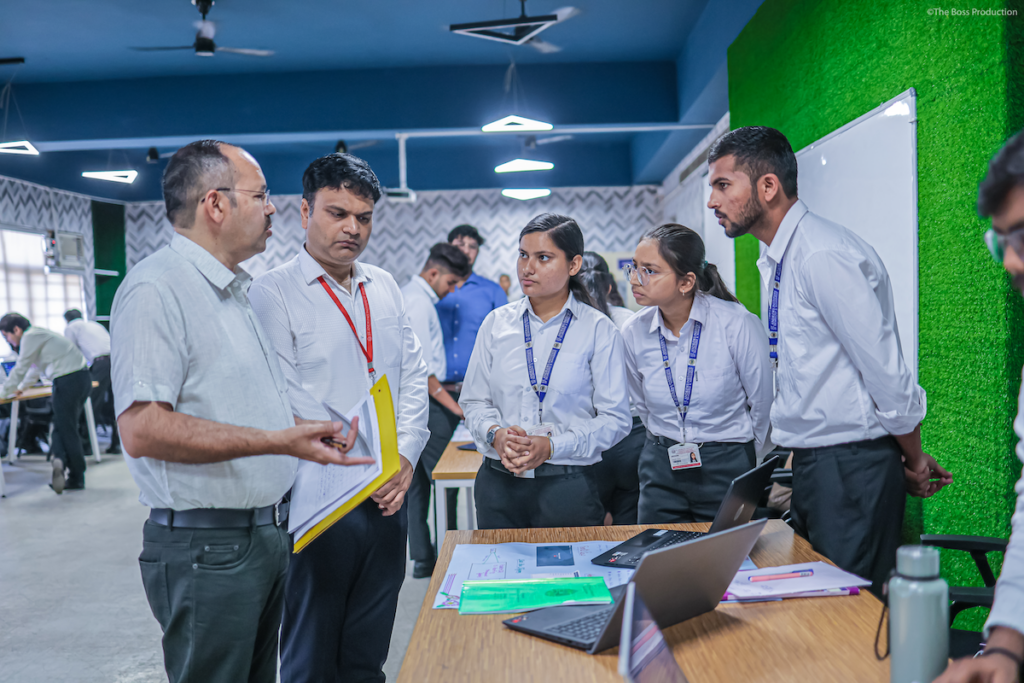
Here are some of the top government colleges in India for BTech in Computer Science, along with brief details:
Indian Institute of Technology (IIT)
- Located in Different states of India like Delhi, Madras, Kanpur & Kharagpur
- Offers rigorous academic programs and has a strong alumni network.
St. Andrews Institute of Technology & Management, Delhi-NCR
- Located in Delhi-NCR
- Offers Technical & Management UG & PG courses and has a strong placement cell.
National Institute of Technology (NIT), Trichy
- Located in Tiruchirappalli, Tamil Nadu.
- Offers a blend of academic excellence and cultural diversity.
National Institute of Technology (NIT), Warangal
- Located in Warangal, Telangana.
- Known for its strong engineering programs and placement record.
Delhi Technological University (DTU)
- Located in New Delhi, formerly known as Delhi College of Engineering (DCE).
- Offers various undergraduate and postgraduate programs in engineering.
International Institute of Information Technology (IIIT), Hyderabad
- Located in Hyderabad, Telangana.
- Focuses on information technology and computational sciences.
FAQs
What are the career options after BTech CSE?
You can pursue careers in software engineering, data science, cybersecurity, AI/ML engineering, computer science blogging, cloud computing, computer engineering, computer systems analysis, computer hardware engineering, web development, computer network architecture, and more after Btech CSE. What to do depends on your interests and career goals.
Should I pursue higher studies or enter the job market?
It depends on your career goals. Higher studies (like MTech, MS, PhD degree or MBA) can deepen expertise, while entering the job market offers practical experience.
How can I prepare for job interviews after BTech in Computer science?
Prepare by revising core CSE concepts, practicing coding problems, improving communication skills, and researching the companies you’re interested in.
What certifications are beneficial after BTech in Computer science?
Certifications like AWS Certified Solutions Architect, Google Cloud certifications, CompTIA Security+, and certifications in AI/ML are valuable.
How do I build a strong resume after BTech in Computer science?
Highlight your projects, internships, technical skills, certifications, and any relevant extracurricular activities or leadership roles.
Should I specialize in a specific technology after BTech in Computer science?
Specializing in AI/ML, cybersecurity, cloud computing, or data science can enhance career prospects based on industry trends and personal interests.
Is entrepreneurship a viable option after B.Tech in Computer science?
Yes, if you have innovative ideas and entrepreneurial spirit, starting a tech startup or venturing into freelance consulting can be rewarding.
What soft skills are important for BTech CSE graduates?
Btech Computer Science graduates need soft skills like communication, problem-solving, teamwork, adaptability, and leadership. These skills are crucial for career growth and success in tech roles. After Btech CSE What to Do: Focus on developing these essential soft skills to enhance your career prospects and excel in various tech positions.
How can I stay updated with industry trends after B.Tech CSE?
Follow tech blogs, join professional networks like LinkedIn groups, attend conferences, and participate in webinars and meetups.
What are the alternative career paths after B.Tech in Computer science?
Besides core tech roles, consider careers in consulting, project management, UX/UI design, technical sales, and academia.

